Omani people will mark the Renewed Renaissance and its glorious reign under the leadership of His Majesty Sultan Haitham bin Tarik
The Sultanate of Oman will celebrate the 52nd National Day on Friday, the 18th of November. Omani people will mark the Renewed Renaissance and its glorious reign under the leadership of His Majesty Sultan Haitham bin Tarik, who affirmed his constant quest to advance Oman’s modern cultural and economic status and his keenness to make Omani citizens as true partners in their country’s comprehensive development.
His Majesty the Sultan’s vision for the future of this benign land reflected positively on the integration of government departments with private sector establishments and civil society institutions. This has in turn brought about tangible results in different social, economic and political fields.
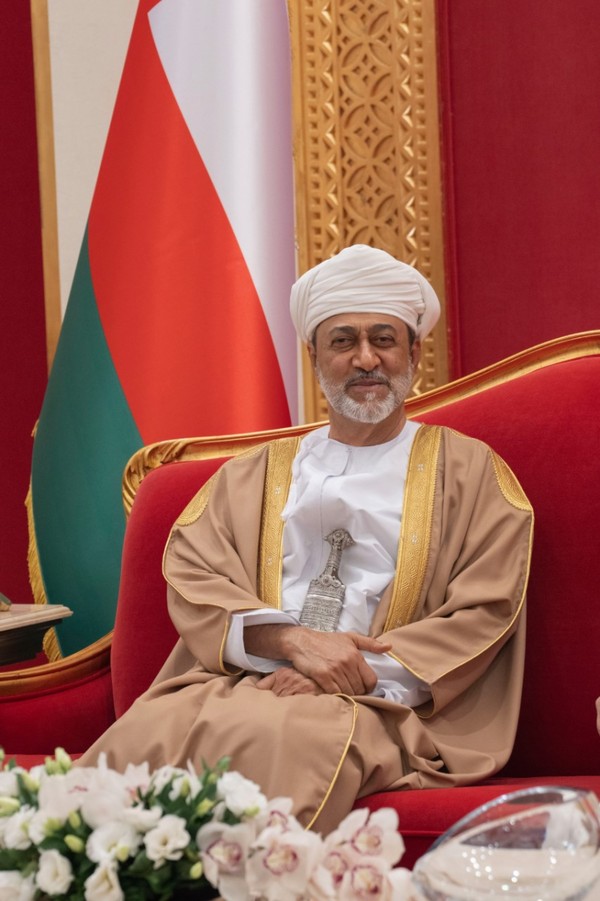
The Royal Decree on enhancing the role of the governorates constituted a major step in achieving the modern approach to decentralize local administration. It empowers Oman’s 11 governorates, defines their roles in development and defines their economic and social priorities to benefit from the comparative advantage among governorates. Decentralization also streamlines service procedures for citizens, an objective underscored by His Majesty the Sultan upon his chairmanship of the Council of Ministers on 11 October 2022. In the meeting, His Majesty the Sultan stressed the importance of coordination among units of the States’ Administrative Apparatus and the governorates, the acceleration of electronic transformation, His Majesty the Sultan’s keenness to hold direct meetings with sheikhs and dignitaries of Oman constitutes a strong manifestation of the leader’s keenness to get firsthand knowledge about citizens’ needs, despite the existence of public institutions such as the Council of Oman—a legislative monitoring body—and municipal councils, which undertake developmental and service roles in their respective wilayats.
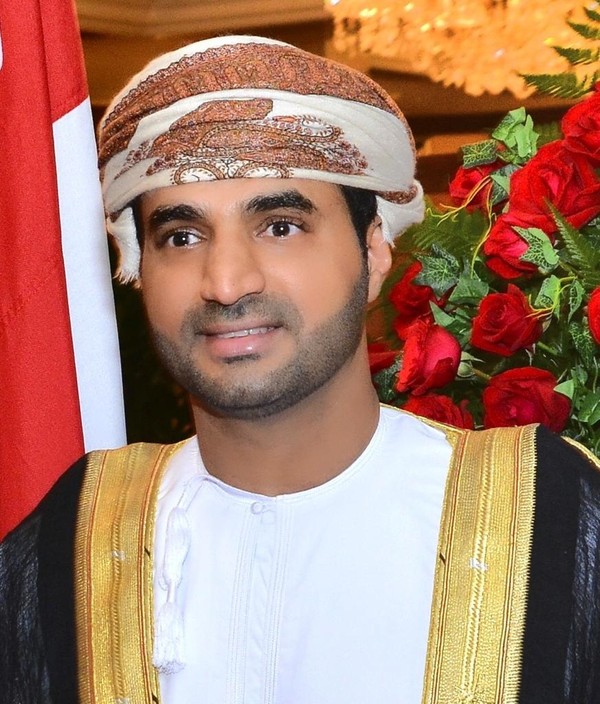
The Royal-meet-the-people gatherings affirm His Majesty the Sultan’s sincere desire to implement decentralization and make it the most straightforward administrative application for the future in Oman’s governorates.
The new administrative setup offers governors and governorates direct authority to run their internal affairs, including planning and implementation of missions. This makes governorates’ affairs more closely associated with the districts themselves, their governors and their municipal councils.
Much hope is pinned on elections of municipal councils, due to be held on 25 December for local voters and 17 December 2022 for citizens voting from abroad. The tasks of municipal councils keep pace with the Royal vision of His Majesty the Sultan and the role that the councils are expected to undertake.
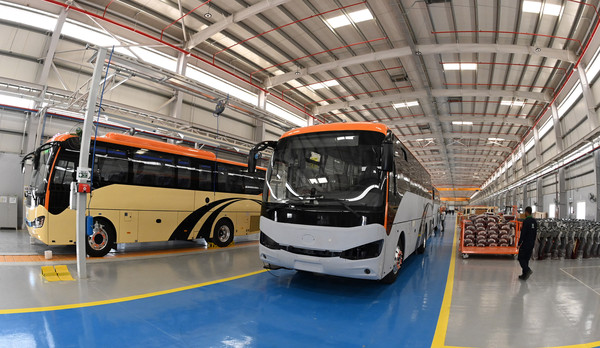
His Majesty the Sultan’s emphasis on interaction between governors, municipal councils, Oman Investment Authority and Oman Chamber of Commerce and Industry assumes a special significance. This interaction gains more impetus after the Governorates Development Programme’s allocations were increased to RO 20 million and the addition of new development projects to previous projects endorsed for implementation during the rest of the 10th Five Year Plan (2021-2025) whose worth exceeding RO 650 million in different sectors. The Royal vision will spur economic growth and contribute to the continuity of services and the completion of infrastructure. It will also boost private sector activities and provide more employment opportunities for citizens.
Last January, Oman implemented the “System of Individual Performance and Institutional Proficiency” (Ejada) in 57 government institutions. The system, which covers about 175,000 government employees, aims at generating a quantum leap in government performance by enhancing the efficiency of human resources and improving the level of government services.
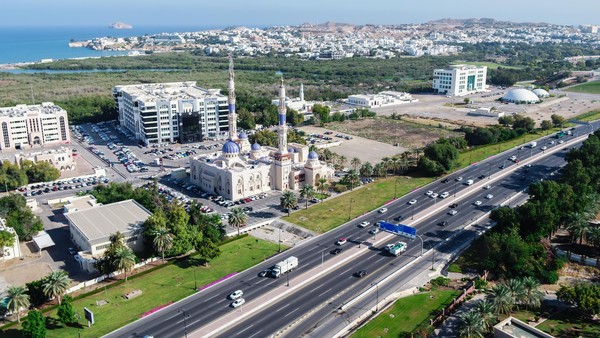
The Government Digital Transformation Programme is an executive arm of a digital economy and a basic enabler in achieving the priorities of Oman Vision 2040. It contributes to the establishment of a flexible and innovative government apparatus based on principles of governance and providing high-quality performance and smart government services.
Indicators for measuring the performance of the programme include raising the percentage of automation of government services from 34% in 2020 to 80% by 2050, with the expected investment volume for implementing the programme set at RO 170 million, which will be invested in improving procedures, re-engineering government services, improving digital infrastructure, and empowering national competencies in the field of digital transformation.
The Sultanate of Oman has attached a great importance to protecting the environment and preserving its various natural resources. His Majesty Sultan Haitham bin Tarik endorsed the year 2050 as a date for achieving zero carbon emissions. A national plan prepared for this objective includes the establishment of Oman Sustainability Centre, based on the outputs of the Carbon Management Laboratory.
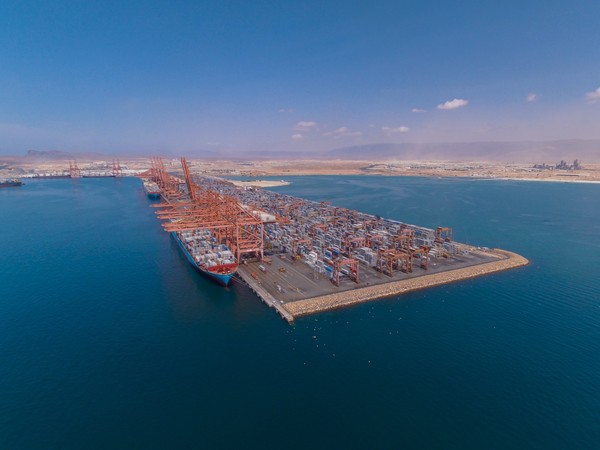
His Majesty the Sultan issued directives to expedite the development of an early warning system and implement the best urban planning methodologies to limit the impacts of climatic conditions, disasters and related epidemics.
The presence of Omani women in all fields and their impressive contribution to Oman’s comprehensive development constitutes a direct outcome of the attention and care that women have received. This was confirmed by Her Highness the Honourable Lady Assayida Ahd Abdullah Hamed Al Busaidi, Spouse of the Sultan of Oman, on the occasion of Omani Women’s Day, which falls on 17 October. It reflects the achievements the women have made in all fields and in different practical and scholarly sectors.
His Majesty the Sultan also accorded attention to the establishment of Omani women’s societies and rehabilitation centres for people with disabilities, both governmental and private, in all governorates of Oman, so that all could play their roles in domestic development. His Majesty the Sultan gave directives to provide appropriate financial support to those institutions and develop them. The result was that the Omani Women’s Societies Development Laboratory launched 19 empowering and investment initiatives, with a set of themes in mind to achieve progress. The themes include governance, the application of laws and legislation, a supportive environment, funding and investment.
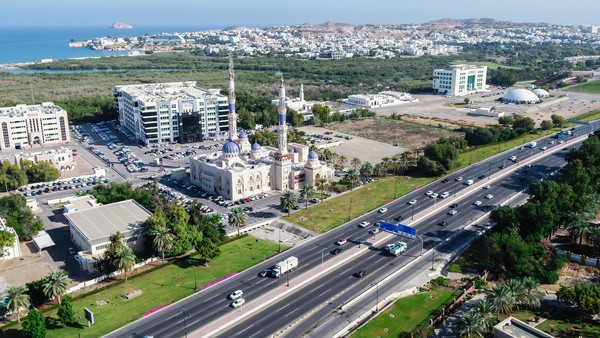
The innovation system in Oman functions through the integration of a number of entities, most notably the Ministry of Higher Education, Research and Innovation, the Ministry of Commerce, Industry and Investment Promotion, the Ministry of Transport, Communications and Information Technology, and the Central Bank of Oman. The system works towards converting acquired knowledge into innovative applications that can be turned into commercial projects and registered as property rights.
Oman has exerted efforts to cut down the period of intellectual property registration and change its registration mechanism to allow beneficiaries to register global intellectual property from Oman.
As a result of these efforts, Oman occupied 10th place globally in the education segment of the Global Innovation Index 2022. The ranking advanced Oman by 34 places over last year. Oman also ranked 19th in the Business Policies Index.
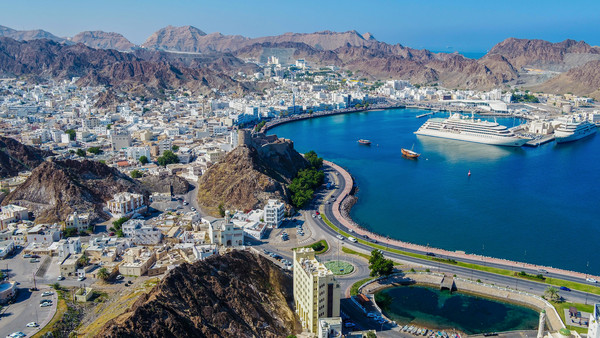
Oman presses ahead with the approach charted by His Majesty Sultan Haitham bin Tarik to implement economic measures and streamline procedures. This was achieved despite the economic impacts brought about worldwide as a result of the Coronavirus pandemic and other global crises. On top of these measures was the medium-term Fiscal Balance Plan (2020-2023), which proved practical through the results it achieved, supported by the 10th Five Year Plan (2021-2025) in line with Oman Vision 2040.
The increase in added value in oil and non-oil activities at the end of the second quarter of 2022 contributed to the growth of the GDP value at current prices by 30.4%, touching RO 20.4 billion, compared to RO 15.6 billion at the end of the corresponding quarter in 2021.
To lend support to low-cost clean energy solutions, Ibri Solar Energy Project opened last January 2022 as the first solar power plant to be connected to the main electricity grid with the aim of diversifying sources of renewable energy, maximizing the contribution of clean energy projects, boosting the national economy and attracting investments.
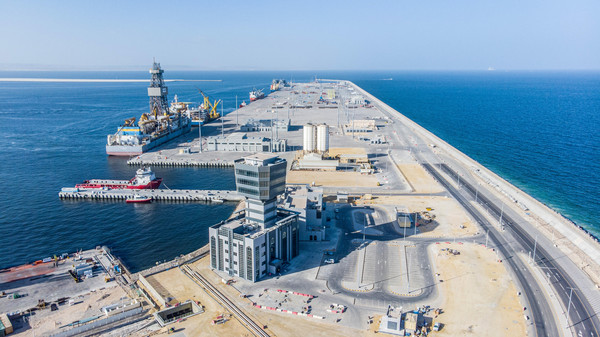
His Majesty the Sultan’s directives to add more than RO 650 million to implement additional development projects over projects already endorsed in the 10th five-year plan 2021-2025 and his Royal instructions to increase fiscal liquidity for Budget allocations by RO 200 million will contribute to promoting economic growth, completing infrastructure, supporting private sector activities and providing more employment opportunities for Omani citizens.
The foundations upon which Omani foreign policy is based—notably good neighbourliness, respect for the sovereignty of states, non-interference in internal affairs, positive cooperation, mutual interests, justice, dialogue, humanity, and support for international peace and security—have made the Sultanate of Oman a reliable international partner at the local and global levels.
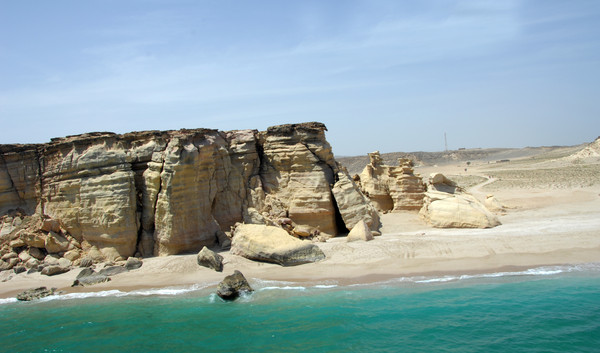
Oman’s status among entities that are active in resolving regional crises and the country’s presence at international events related to this matter is a direct outcome of the soundness of its foreign policy foundations.
Oman is also convinced that “establishing and maintaining peace in the world is necessary for the good of peoples, and that this stance can be maintained only if it is based on firm rules of justice and solid foundations of cooperation and harmony among all nations with the aim of engaging positively with countries of the world for a promising future of mankind."
Oman also promoted the principle of humanity in its foreign policy and played an active role in serving contemporary issues regionally and internationally, most notably realizing the truce in Yemen that paved the way for the safe return of detainees to their countries.
In this context, the Sultanate of Oman believes that the realization of a fair and comprehensive peace in the Middle East requires the establishment of a Palestinian state on all its lands occupied since 1967. Oman stressed its rejection of all forms of systematic violations, expansionist domination and arbitrary arrests of Palestinians.

